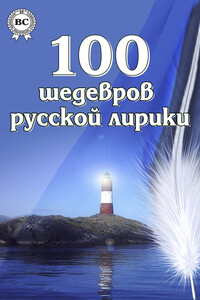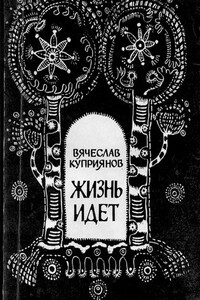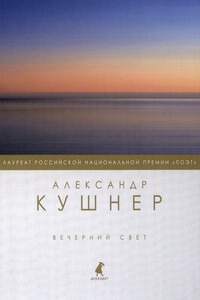A moongate in my wall: собрание стихотворений | страница 7
All her life she kept both the offprint and the envelope in which it was sent to her.
Another review, by Harbin poet Vasilii Loginov (1891–1946), criticized her poetry for "unusual, perhaps excessive, grammatical correctness" and argued that some sentences did not sound quite Russian. Further shortcomings, in his opinion, were "the youthful insignificance of the majority of poems," "the almost complete absence of sexuality," and "almost no lyrics and erotica." On the other hand, Loginov praised an "almost Levitan-like feeling for landscape" and "the great significance and force" of some poems. His conclusion was that "a certain poetic and artistic taste (…) was apparently formed by such perfect masters as Blok and Gumilev, who stretched a blessing hand over all Vezey's poems."[16] Not knowing English, neither Nesmelov, nor Loginov mentioned the English poems and translations.
The collection was welcomed in Claremont; a reviewer particularly noted that "one poem is entitled 'Claremont/ though it is in Russian, a tantalizing combination which was a great disappointment to everyone who wanted to read it." The translation of the poem (poem 28) into English by Professor Dietrich Neufield of Pomona College and Linda Schroeder, completed the review.[17]
At the end of the 1920s and beginning of the 1930s, Mary Vezey turned to translating Russian emigre poetry. Responding to her translations of his poems, a Paris poet Lazar' Kel'berin wrote: "You translate with surprising precision, retaining naivete, meaning and style; you are very talented. Moreover, you are doing a valuable cultural work by translating Russian poets who write in foreign lands and introducing them to English readers." The praise was combined with advice: "That's why, Miss Mary, 1 believe that it is better to give English readers samples of true and great poetry, that of Blok and Gumilev; add O. Mandel'shtam, A. Akhmatova, N. Otsup, G. Adamovich, Vladislav Khodasevich, but not us, the young ones, the beginners, who might give uninitiated readers a false impression of Russian poetry. Of course, what young poet would not be flattered to be published, translated! But one cannot publish Blok and, for example, me together. Under one cover one should publish poetry of an approximately equal value. If you like, send me a few translations of Blok and Gumilev."



